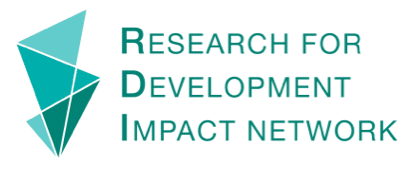
Respect is an overarching consideration and represents recognition of each human being’s intrinsic value. As such, making opportunity for human beings to exercise autonomy and make their own decisions is paramount, as is a commitment to participant welfare over and above research goals. Respect requires prior knowledge of and due regard for culture, values, customs, beliefs and practices, both individual and collective, of those involved in research. It also requires mindfulness of differences in values and culture between researchers and participants, thus avoiding ‘difference blindness’ which can undermine both trustful relationships as well as research integrity.
Respect involves honouring the rights, privacy, dignity, entitlements and diversity of those contributing to research. Informed consent is fundamental to upholding the principle of respect, in giving a research participant the choice to voluntarily participate in the research process. Informed consent means a participant is given clear information about the research, is able to choose not to participate and is able to withdraw at any time, without consequence.


 Informed consent is one of the basic minimum requirements of ethical research. It means that before agreeing to participate, a participant understands what the research is about, the reasons for the research, how it will be conducted and what their involvement is.
Informed consent is one of the basic minimum requirements of ethical research. It means that before agreeing to participate, a participant understands what the research is about, the reasons for the research, how it will be conducted and what their involvement is.



